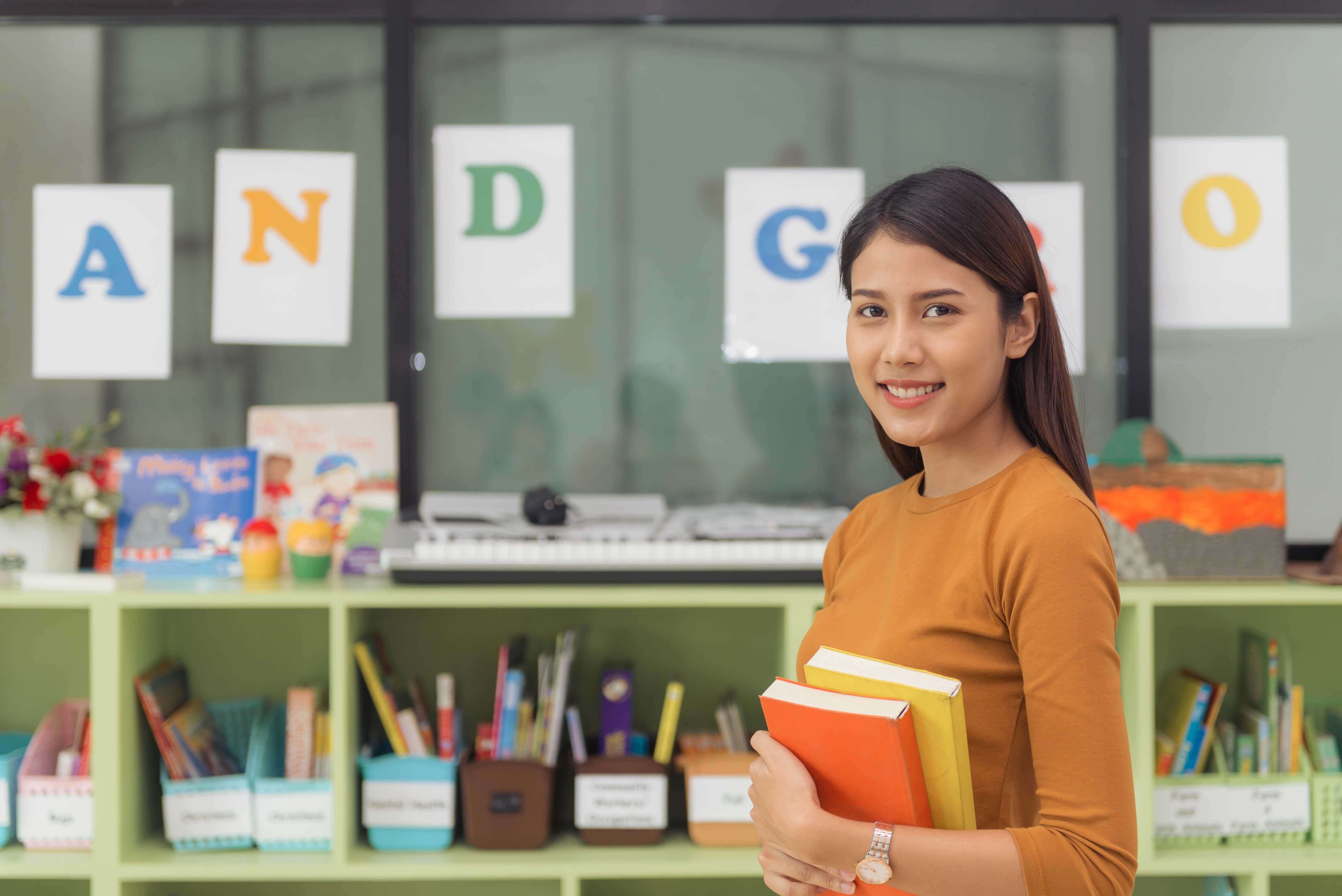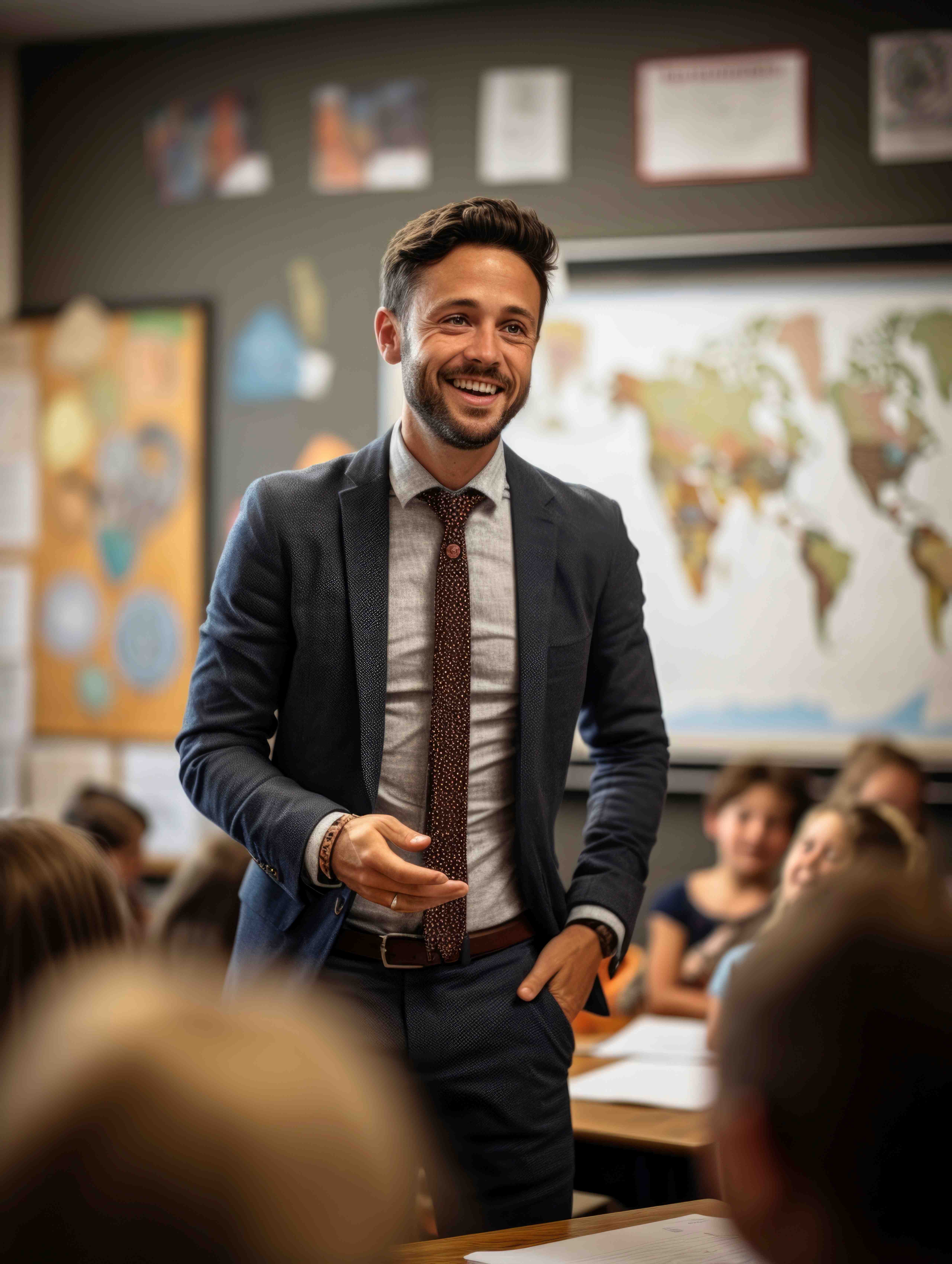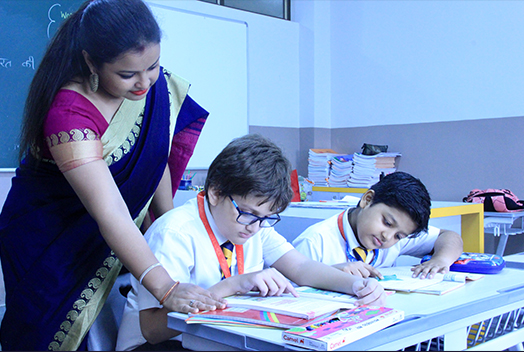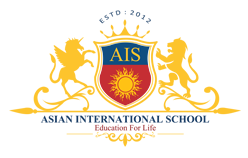How to Adapt to New Educational Trends: Insights for Indian Educators

In the evolving landscape of education, teachers are constantly seeking new methods to enhance student learning and engagement. As pedagogical trends shift, educators must adapt to provide the best possible educational experiences.
This article explores these new trends and offers insights for teachers of all age groups, highlighting how Asian International School (AIS) equips its educators with the tools needed to thrive in this dynamic environment.
The Importance of Adaptability in Education
Adaptability in education is crucial. With technological advancements and changing societal needs, the traditional methods of teaching are no longer sufficient. Teachers must be flexible and open to adopting new strategies that can cater to diverse learning styles and requirements.
Data-Driven Instruction
One of the most significant trends in modern education is data-driven instruction. Teachers now have access to a wealth of data on student performance, which can be used to tailor instruction to meet individual needs. According to a study by the Bill & Melinda Gates Foundation, 93% of teachers believe that data and digital tools help improve their instructional practices. By analyzing data, educators can identify areas where students struggle and adjust their teaching methods accordingly.
Personalized Learning
Personalized learning is another trend gaining traction. This approach tailors education to meet the individual needs of each student. It involves creating customized learning plans, often using technology to provide adaptive learning experiences. Research by the RAND Corporation found that students in personalized learning environments made greater gains in mathematics and reading compared to their peers in traditional settings. For teachers, this means developing skills in differentiating instruction and using technology effectively.
Blended Learning
Blended learning combines traditional face-to-face instruction with online learning. This hybrid approach offers flexibility and can cater to different learning styles. A report by the Clayton Christensen Institute highlights that blended learning can lead to higher student engagement and better academic outcomes. For teachers, implementing blended learning involves integrating technology into the classroom and designing lessons that seamlessly combine both online and offline activities.

Collaborative Learning and Social-Emotional Development
Collaborative Learning
Collaborative learning encourages students to work together to solve problems and complete tasks. This method not only helps students develop critical thinking and communication skills but also fosters a sense of community and cooperation. According to a study published in the Journal of Educational Psychology, students who engage in collaborative learning tend to achieve higher academic performance and demonstrate greater motivation. Teachers can facilitate collaborative learning by designing group activities, encouraging peer-to-peer teaching, and fostering an inclusive classroom environment.
Social-Emotional Learning (SEL)
Social-Emotional Learning (SEL) is an educational approach that focuses on developing students' emotional intelligence, self-awareness, and interpersonal skills. The Collaborative for Academic, Social, and Emotional Learning (CASEL) has found that students who participate in SEL programs show improved academic performance, better behavior, and enhanced social skills. For teachers, integrating SEL into the curriculum involves teaching skills such as empathy, self-regulation, and conflict resolution, and creating a supportive classroom environment where students feel safe and valued.
Embracing Technology in Education

Educational Technology (EdTech)
The integration of technology in education, or EdTech, is revolutionizing how teachers deliver instruction and how students learn. Tools like interactive whiteboards, educational apps, and virtual reality are making learning more engaging and accessible. A survey by the Consortium for School Networking (CoSN) reveals that 95% of school districts believe technology is an integral part of their educational strategy. For teachers, this means continuously updating their technological skills and exploring innovative ways to incorporate EdTech into their lessons.
Gamification
Gamification involves using game design elements in educational contexts to motivate and engage students. This approach can make learning more enjoyable and interactive. Research by the University of Colorado Denver found that gamification can lead to increased student engagement, motivation, and achievement. Teachers can implement gamification by incorporating elements like points, badges, and leaderboards into their classroom activities.
Professional Development for Teachers
Ongoing Training and Support
To effectively adapt to new pedagogical trends, teachers need ongoing training and support. Professional development programs should focus on equipping educators with the skills and knowledge required to implement innovative teaching methods. According to a report by the Learning Policy Institute, effective professional development is sustained, collaborative, and job-embedded, and it significantly impacts teacher practice and student outcomes.
The Role of Asian International School in Educator Training

At Asian International School, we recognize the importance of supporting our educators in their professional growth. We believe that investing in our teachers is key to providing high-quality education to our students. Here's how we ensure our educators are equipped with the right tools:
Comprehensive Professional Development Programs
AIS offers comprehensive professional development programs that cover a wide range of topics, from the latest pedagogical trends to advanced technological tools. Our training sessions are designed to be interactive and practical, allowing teachers to apply what they learn directly to their classrooms.
Collaborative Learning Communities
We foster collaborative learning communities where teachers can share ideas, resources, and best practices. By encouraging collaboration, we help our educators learn from each other and stay updated with the latest trends in education.
Access to Cutting-Edge Technology
AIS provides teachers with access to cutting-edge technology and digital resources. We offer training on how to effectively integrate these tools into their teaching practices, ensuring that our educators can leverage technology to enhance student learning.
Supportive Environment
We create a supportive environment where teachers feel valued and encouraged to innovate. Our leadership team is committed to providing the necessary resources and support to help teachers succeed in their professional journey.
Adapting to new pedagogical trends is essential for educators to meet the evolving needs of their students. By embracing data-driven instruction, personalized learning, blended learning, collaborative learning, SEL, and EdTech, teachers can create engaging and effective learning experiences. Professional development and ongoing support are crucial in helping educators stay ahead of these trends.
At Asian International School, we are dedicated to equipping our educators with the tools and knowledge they need to thrive in this dynamic educational landscape. By investing in our teachers, we ensure that our students receive the best possible education, preparing them for success in a rapidly changing world.
By staying adaptable and continuously seeking out new strategies and tools, teachers can provide their students with a rich and meaningful educational experience. As educational trends continue to evolve, teachers must remain lifelong learners, committed to their own professional growth and the success of their students.

- New Korolah, NH-6, Alampur Howrah - 711 302 (Near Kona Express Highway)
- +91 96742 77777, 90073 65555
- info@aisedu.org
Copyright © Asian International School. All rights reserved. | Terms & Conditions | Refund Policy | Privacy Policy



